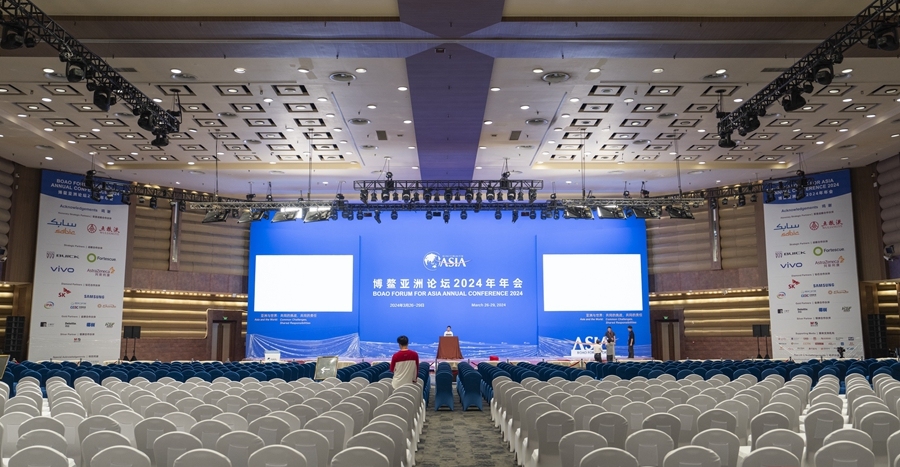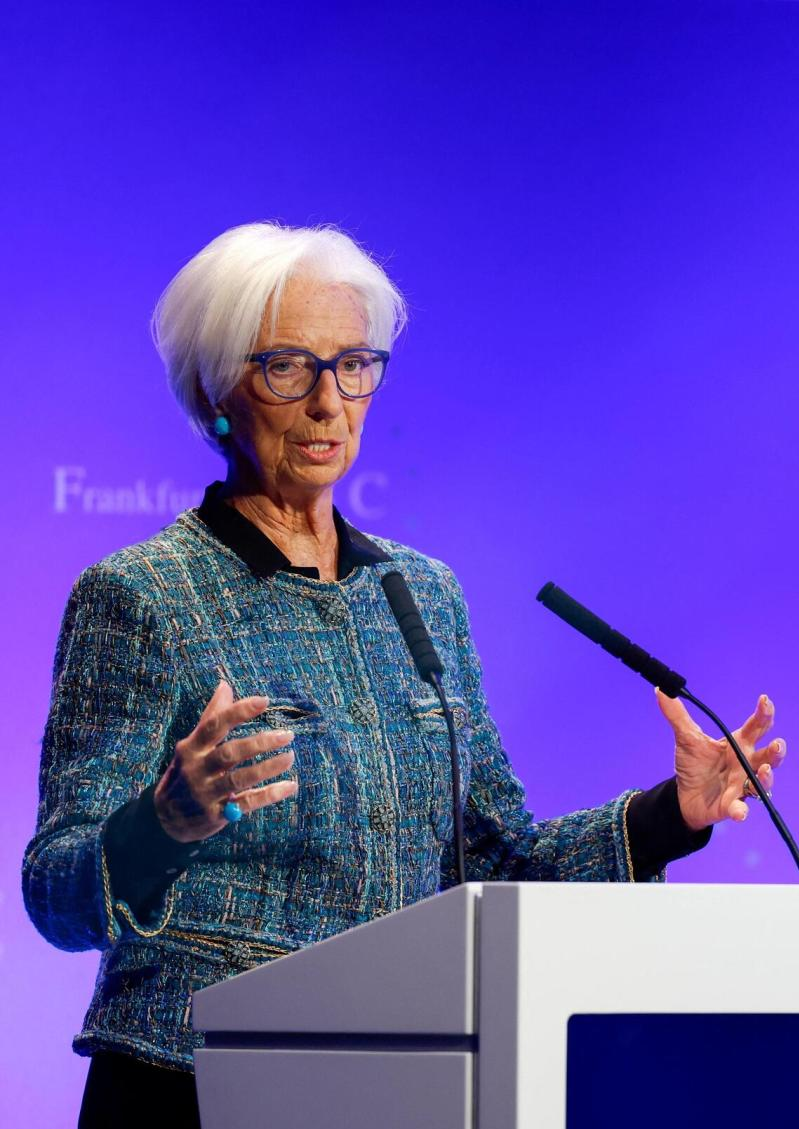The Boao Forum for Asia (BFA) Annual Conference 2024 officially kicked off on March 26, with the theme "Asia and the World: Common Challenges, Common Responsibilities" this year. Across the world, global economic growth remains weak, the international situation is complicated and intertwined, natural disasters and extreme weather occur frequently, the need for global governance is increasingly urgent, and the world faces many challenges to development and security. As an important part of the world economy, Asia plays a pivotal role. How to seize the opportunity to become the mainstay of the world economy has become the most important goal for Asian countries in the future.
The reason why the outside world is optimistic about the Asian economy is related to the performance of Asian countries in 2023. From last year's level, Asia's overall manufacturing growth trend is better than that of Europe, the Americas and Africa. The average Asian manufacturing PMI in 2023 is still at 50.7%, showing the relative resilience of Asian economic growth. At the same time, Asia's contribution to global economic growth is gradually increasing. A relatively stable development environment and enhanced regional cooperation are important guarantees for Asia's economic resilience. The Asian Development Bank's latest report shows that developing economies in the Asia-Pacific region will grow by 4.9% in 2023, up 0.2 percentage points from the previous forecast. Asia's performance in the post-pandemic era can be described as impressive.
Although the Asian economy leading the world in the future is not optimistic about the European and American countries, the authoritative institutions have given optimistic forecasts. Recently, the IMF predicted that the world economy would grow 3.1 percent year on year in 2024, the same growth rate as last year, and emerging market and developing economies in Asia would grow 5.2 percent. Asia accounts for more than 35% of global exports, and 43% of global value chain product trade represented by intermediate goods depends on Asia. Asia's digital services exports account for 27% of global exports, with the highest growth rate of any continent. From these figures, it is not difficult to see the importance of the Asian market and the future development trend.
The Asian economy is different from other continents and has its unique advantages in many aspects. The first is that foreign exchange reserves are so large and financial markets so well developed that Asian countries are better able than in the past to weather economic or financial storms on a global scale. In recent decades, many central banks in the region have built up their foreign exchange reserves to ensure there is no repeat of the 1997 Asian financial crisis. While the United States and European countries face high inflation and interest rates, Asian countries are almost all in relatively good shape.
Secondly, the East Asian economic circle represented by China, Japan and South Korea is extremely stable. Twenty years ago, in response to the challenges posed by the Asian financial crisis, the leaders of the three countries held an informal meeting on the sidelines of the Leaders' Meetings on East Asia Cooperation in Manila, planting the seedlings of China-Japan-ROK cooperation. Through the joint cultivation of the three countries, China-Japan-ROK cooperation has grown into a luxuriant tree. The sustained stability of the region and the pragmatic cooperation between the leaders of the region have made full progress in nearly 30 fields, including economy and trade, transportation, information, environment, science and technology, agriculture and forestry. Authoritative data show that China, Japan and South Korea in 2023 GDP in Asia accounted for as high as 58%, becoming the leader of the Asian economy.
Finally, there are still many problems in Asia's economic development that need to be addressed as soon as possible. The main direction is the Israeli-Palestinian conflict and the situation in the Middle East. West Asia as a gathering place of oil resources, the current turmoil from the perspective of economic development, the impact is still very large, the Red Sea transport road obstruction, the continuation of the Palestinian-Israeli conflict will be hidden points, the speed of resolution will affect the speed of Asian economic development.
To sum up, the Asian economy has its advantages as well as disadvantages. As long as we make good use of our advantages and solve the problems, it is only a matter of time before the Asian economy becomes the mainstay of the world economy.





























